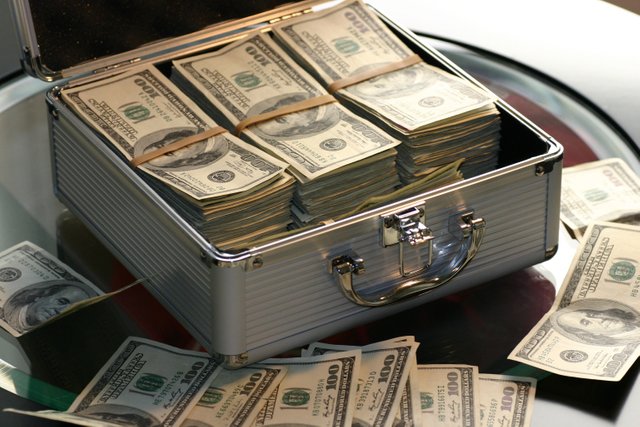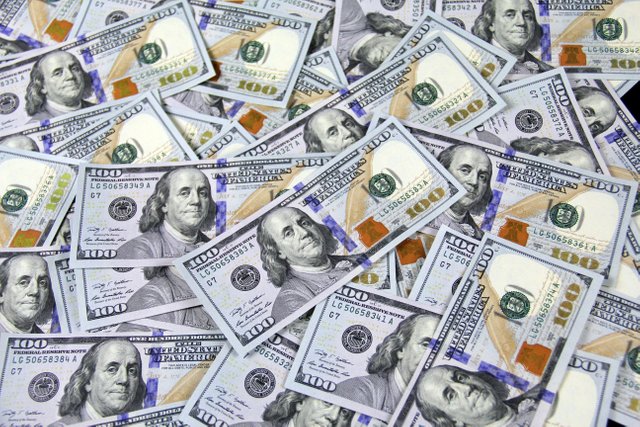What is Helicopter Money (Helicopter Drop)?
A helicopter drop is a rhetorical technique invented by Milton Friedman to abstract away the consequences of any monetary policy delivery processes through a thought experiment involving the addition of cash to all residents' bank accounts—as if dropped from a helicopter overnight.

This word has come to refer to a figurative application of Friedman's metaphor, as a kind of monetary policy that raises the money supply and subsequently distributes cash to the economy in order to stimulate inflation—or rising prices—and economic development in recent decades. Since 2000, helicopter drop policies have been a standard characteristic of policymakers' reactions to large-scale economic shocks.
An Description of a Helicopter Drop (Helicopter Money)
An expansionary fiscal or monetary policy funded by a rise in an economy's money supply is known as a helicopter decline. That may be a budget boost or a tax cut, but it often means printing vast amounts of money and selling it to the general population to stimulate the economy. During deflationary times, when costs are dropping, the word "helicopter drop" is primarily a metaphor for unorthodox steps to jump-start the economy.
Although noted economist Milton Friedman coined the word "helicopter decline," it gained attention after former Federal Reserve Chairman Ben Bernanke discussed it in passing in a November 2002 speech as a new Fed governor.

Bernanke mentioned a "helicopter drop" in a speech to the National Economists Club about possible deflationary policies. Bernanke described deflation as a side effect of a fall in aggregate demand, or a drastic cut in consumer consumption to the point that manufacturers would have to cut prices on a regular basis to find customers, in that speech. He also said that coordination between the monetary and fiscal authorities could improve the efficacy of anti-deflation policy, and that a broad-based tax cut would be "essentially equal to Milton Friedman's popular "helicopter drop" of money."
Some of Bernanke's detractors have used this comparison to criticize his economic policy, although others contend that his management of the US economy during and after the Great Recession of 2008-09 was effective. With the US economy on the verge of failure and the worst recession since the 1930s, Bernanke used some of the same strategies discussed in his 2002 address to tackle the downturn, such as widening the size and reach of the Fed's asset purchases—a program known as quantitative easing—to combat the slowdown.
In 2016, Japan, which has struggled with sluggish growth for most of the twenty-first century, toyed with the concept of helicopter capital. When Bernanke met with Japanese Prime Minister Shinzo Abe and Bank of Japan Governor Haruhiko Kuroda to consider more monetary policy alternatives, one of which was issuing large-scale, long-dated perpetual bonds, he was once again at the forefront of the discussion. Japan did not officially enact a helicopter drop in the months that followed, instead opting for more large-scale asset acquisitions.
The Trump administration's direct-to-taxpayer stimulus grants, combined with parallel QE by the Fed, in response to the economic downturn caused by numerous government lockdowns of the economy during the COVID-19 pandemic, are a noteworthy recent example of a helicopter drop scheme. The CARES Act approved initial payments of $1,200 per taxpayer in March 2020. In December 2020, another round of stimulus was passed, this time with $600 transfers.
Some may contend that the Federal Reserve's stimulus initiatives in reaction to the COVID-19 pandemic and the ensuing recession amounted to helicopter currency. The Fed took extraordinary measures to stabilize the capital markets and banking system, as well as offer direct assistance to small enterprises, in response to the country's economic difficulties.
The result was a trillion-dollar injection into the US economy.
The use of the articles without prior written permission is prohibited. Reproduction on other platforms in your name, newspaper or company requires a fee.